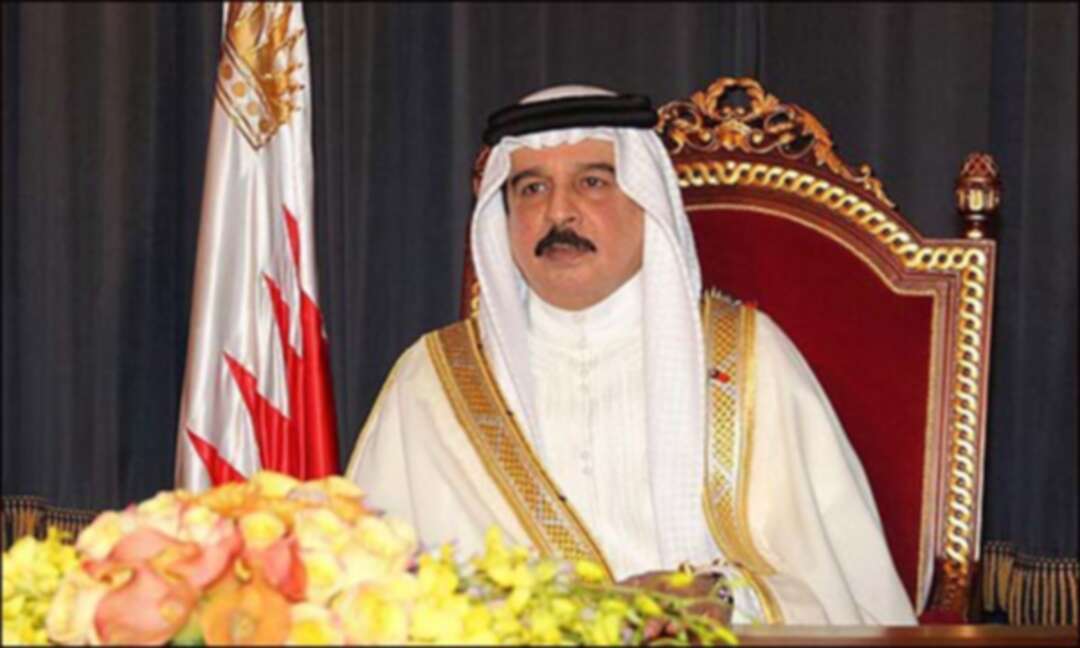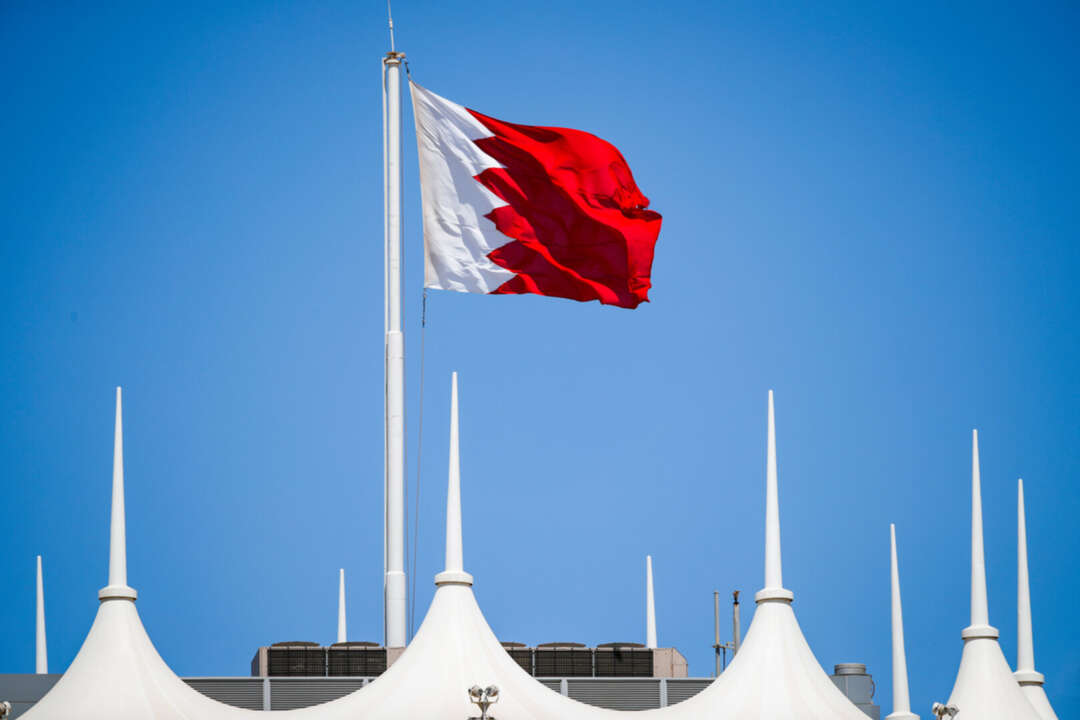-
Bahrain between the present and the future ... Age of development and modernisation

Since Hamad bin Isa al-Khalifa became the King of Bahrain in February 2002 he amended the constitution to bring about political reforms, including the women's right to vote and run for political office, the establishment of an elected parliament and the release of political detainees, in addition to development projects that made Bahrain one of the strongest economies.
Bahrain is one of the richest countries in terms of per capita income. The Bahraini dinar is the second most expensive currency in the world. Bahrain has a diversified economy depending on tourism and banks. The capital city Manama has many major financial institutions. As well, Bahrain has developed a successful industrial sector since 2008 and it was the fastest-growing country in the world according to the Global Financial Centres Index. Bahrain's economy was once the tenth economy in the world and the World Bank ranked it among one of the top world economies.
Among the most popular industries in Bahrain was traditional shipbuilding which had been an occupation passed down from ancestors before it disappeared two decades ago. The shipbuilding industry was mainly in the cities of Muharraq & Manama, especially in Noaim and Ras Rumman neighbourhoods.

The Kingdom of Bahrain was famous for pearling which was a major source of the country's economy before the discovery of oil. "Over decades, pearl trade was very important in various occupations and businesses in the Arabian Gulf in general and Bahrain in particular but it significantly shrank after the discovery of oil," said Ibrahim Khalifa Matar, one of the most prominent pearl merchants.
Bahrain in history
Bahrain was a part of the Dilmun civilisation. At that time, Bahrain was an important trading centre. According to some modern theories, the Sumerians regarded Dilmun as a sacred place. Scholars Juris Zarins & Eduard Glaser proposed that the Garden of Eden was located in Eastern Arabia within the Dilmun civilization. In Western Bahrain, there is Dilmun Burial Mounds which is a serial property formed by 21 archaeological sites.
The 400-year-old tree of life is in the centre of the Kingdom of Bahrain, but there has been no information so far where it gets water from.
In 2019, the Dilmun tombs were inscribed on the World Heritage List, contrary to what is said that the Kingdom of Bahrain is a new country established after it bacame independent from the UK and joined the UN and the Arab League in 1971.
Bahrain's diversified economy
Bahrain's diversified economy depends on exporting oil, textiles and aluminium, tourism and foreign investments. The kingdom contains large reserves of natural gas and fish stocks.
Despite Bahrain's long coasts, more than 5% of the beaches are for public use, while the rest are invested by the private sector as a support to the GDP.

The Bahrain World Trade Centre, which the first skyscraper in the world to integrate wind turbines into its design. These turbines provided the lighting for about 300 homes, 260 hospitals, 17 industrial plants. In 2006, the building won the LEAF award for best use of technology within a large scheme.
In 2005, the famous late singer Michael Jackson bought two villas on Amwaj Island for $1.5 million with a marina. Jackson and his family lived there and he had many tours in the country and used to shop in the Seef Mall.
Manama is one of the safest cities in the world
Manama has been classified for many years as one of the safest cities in the world, according to the Economist Intelligence Unit, which relies on five indicators: "digital security" which studies the quality of digital security in the city and rates of penetration of personal data, "health security" which studies life expectancy and the ratio of beds in hospitals compared to the proportion of the population, "infrastructure security" which studies the quality of roads and the number of people who died due to natural disasters, "personal security" which studies traditional safety standards, such as crime rates, the level of police intervention, the number of crime victims, and finally, "environmental security" which studies the protection of resources and the environment from all threats and risks that may negatively affect them. As well, Bahrain is one of the best countries in health care. The overall quality index for Bahrain is 119.05.
Sustainable development in Bahrain
"Over the years, the Kingdom of Bahrain has been able to build a civilization dating back to more than 1000 BCE. It is the land of civilisations and the crossroads of ancient world trade," says His Highness PM Prince Khalifa bin Salman al-Khalifa. "The Kingdom has a rich experience of development in all fields, the thing that made it keep up with the global sustainable development movement. Bahrain has been a pioneer in this field through its development strategy and government programmes," he added.
"Bahrain is today an internationally-appreciated model in the ability to mobilise and direct available capabilities and resources in the best way possible to achieve its citizens' aspirations so that none of them is excluded or left behind in the development process as the successive government work programmes included everyone and balance between all social, economic and environmental aspects, now and in the future," he continued.
Bahrain enjoys good relations with its Arab neighbours as well as the region's countries, especially the Kingdom of Saudi Arabia, the big sister of Bahrain, as described by opinion leaders in Manama. As well, it has strategic relations with the United States of America and major world powers due to its position on the economic & political map.
You May Also Like
Popular Posts
Caricature
BENEFIT Sponsors BuildHer...
- April 23, 2025
BENEFIT, the Kingdom’s innovator and leading company in Fintech and electronic financial transactions service, has sponsored the BuildHer CityHack 2025 Hackathon, a two-day event spearheaded by the College of Engineering and Technology at the Royal University for Women (RUW).
Aimed at secondary school students, the event brought together a distinguished group of academic professionals and technology experts to mentor and inspire young participants.
More than 100 high school students from across the Kingdom of Bahrain took part in the hackathon, which featured an intensive programme of training workshops and hands-on sessions. These activities were tailored to enhance participants’ critical thinking, collaborative problem-solving, and team-building capabilities, while also encouraging the development of practical and sustainable solutions to contemporary challenges using modern technological tools.
BENEFIT’s Chief Executive Mr. Abdulwahed AlJanahi, commented: “Our support for this educational hackathon reflects our long-term strategic vision to nurture the talents of emerging national youth and empower the next generation of accomplished female leaders in technology. By fostering creativity and innovation, we aim to contribute meaningfully to Bahrain’s comprehensive development goals and align with the aspirations outlined in the Kingdom’s Vision 2030—an ambition in which BENEFIT plays a central role.”
Professor Riyadh Yousif Hamzah, President of the Royal University for Women, commented: “This initiative reflects our commitment to advancing women in STEM fields. We're cultivating a generation of creative, solution-driven female leaders who will drive national development. Our partnership with BENEFIT exemplifies the powerful synergy between academia and private sector in supporting educational innovation.”
Hanan Abdulla Hasan, Senior Manager, PR & Communication at BENEFIT, said: “We are honoured to collaborate with RUW in supporting this remarkable technology-focused event. It highlights our commitment to social responsibility, and our ongoing efforts to enhance the digital and innovation capabilities of young Bahraini women and foster their ability to harness technological tools in the service of a smarter, more sustainable future.”
For his part, Dr. Humam ElAgha, Acting Dean of the College of Engineering and Technology at the University, said: “BuildHer CityHack 2025 embodies our hands-on approach to education. By tackling real-world problems through creative thinking and sustainable solutions, we're preparing women to thrive in the knowledge economy – a cornerstone of the University's vision.”
opinion
Report
ads
Newsletter
Subscribe to our mailing list to get the new updates!






















